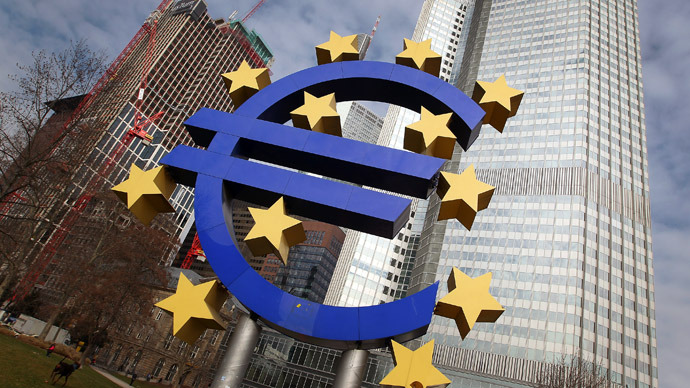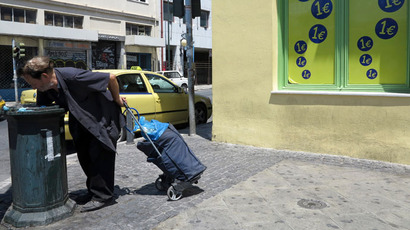ECB to become chief euro bank supervisor

The establishment of ECB supervision is set to become a prerequisite for banks to receive direct loans from the European Stability Mechanism, the eurozone bailout fund. All 17 member states have endorsed ECB's regulatory role, but fear power may corrupt.
The European Banking Authority was set up in 2011 to integrate
rules across the EU and has secured a new supervisory function.
“We want to know what kinds of banks we supervise,” Joerg
Asmussen, an ECB executive board member said.
Draft legislation says the ECB must conduct a “comprehensive
assessment, including a balance-sheet assessment,” of any banks
it will directly supervise.
By gaining a new supervisory role, it consolidates more influence
in lending decisions, which could make loans more subjective than
objective. Chief economist of the IMF, Oliver Blanchard, has long
warned against the danger of central banks becoming too powerful.
Blanchard, and others, warn the more power the central banks wield,
the more difficult it will be to separated from politics.
"Being supervisor allows the ECB to discriminate between zombie
banks and those that are sound and make sure that its lending
targets those banks that lend to the economy - not to the
zombies," said Daniel Gros, from the Center for European Policy
Studies, Reuters reported.
Since the recession, the roles of major central banks, including
the ECB, the US Federal Reserve, and the Bank of England, have
greatly increased in providing banking supervision and oversight
and been an anchor of recovery.
The ECB foots the bill for a large portion of the European
financial system, last year it provided 1 trillion euros of cheap
three-year loans to struggling banks.
Stress test delays
The new supervisory role will delay planned banking regulation
stress tests, which evaluate and diagnosed the capabilities of
lenders.
The last stress test was performed in 2011, and were highly
criticized for not properly identifying non-robust lenders.
Eight banks failed the examination in 2011 with a combined deficit
of 2.5 billion euros ($3.2 billion) according to Bloomberg.














